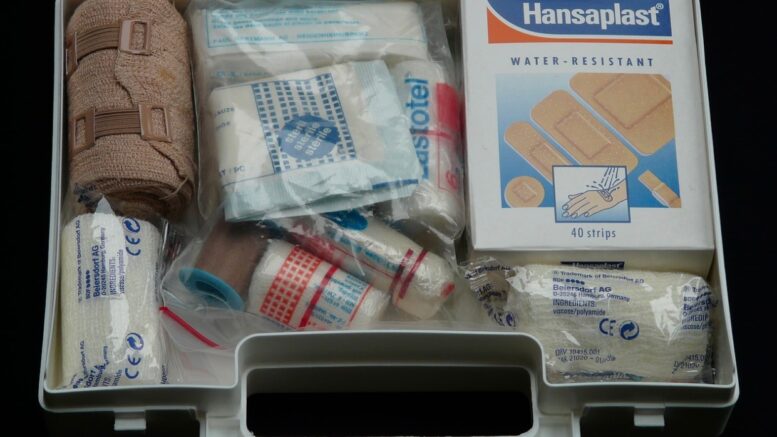In a world where accidents and emergencies are common, the importance of first aid cannot be overstated. Every second that passes by is critical and can be a matter of life and death. Whether it involves a car accident, an abrupt cardiac arrest, or a mishap at home, knowing first aid can save a life. This blog discusses the crucial role of a first aid certification in critical situations. It also explores the importance, key principles, and impact of saving lives.
The Significance of First Aid
When faced with a critical scenario, the immediate application of first aid can drastically alter the course of events. First aid extends beyond providing momentary relief. It involves stabilizing the victim’s condition until professional medical help arrives. It teaches to control bleeding, execute CPR, and address burns. The actions undertaken during those initial moments set the base of the treatment. It serves as a crucial link between the incident and professional medical care. First aid operates as a vital component within the chain of survival.
Key Principles of First Aid
Assessment and Safety
The initial step in any first aid situation involves evaluating the surroundings for safety. Rescuers must ascertain that they are not placing themselves in jeopardy before aiding others. Once the environment is secure, evaluate the victim’s condition. It helps you with the most suitable course of action.
Prioritizing Care
In critical situations, there must be a need to prioritize care based on the seriousness of injuries. Attending life-threatening issues comes first. It encompasses confirming that the victim’s airway is unobstructed and they are breathing. Resolving severe bleeding or cardiac complications takes precedence before addressing less urgent concerns.
Effective Communication
Precise communication stands as a key element, both with the victim and emergency medical services. Offering reassurance to the victim is crucial. You need to explain the steps, and maintain your composure. When interacting with emergency services, furnishing accurate and brief information about the situation is vital.
Adaptability
First aid circumstances can be highly unpredictable, with conditions undergoing rapid changes. Thus, rescuers must remain adaptable and ready to modify their actions based on the victim’s response and any new information that comes to light.
Impact on Saving Lives
The swift use of first aid possesses the ability to directly influence the outcome of critical situations. Envision a scenario wherein an individual chokes on food in a restaurant. A person trained in first aid can quickly perform the Heimlich maneuver. It helps in dislodging the obstruction and restoring regular breathing. During instances of cardiac arrest, immediate implementation of CPR manages the circulation of blood to vital organs until professional assistance arrives. These interventions buy valuable time and increase the likelihood of a favorable outcome.
Furthermore, the scope of first aid knowledge surpasses momentary life-saving techniques. Prompt and proper treatment of wounds can forestall infections and complications. Adhering to appropriate techniques for fractures or sprains can curtail further harm.
Conclusion
In emergencies, each second counts. First aid is vital because it may assist patients. It can prevent conditions from getting worse, and grow their probabilities of survival. The peace of mind that comes with understanding, you could make a difference in a vital state of affairs is priceless.
So now you know the value of first aid. You need to equip yourselves with this knowledge. You must be prepared to be the distinction between life and death for a patient. If a person is choking, the first aider can assist to help breathe again properly. In a heart attack, the first aider can assist maintain their blood flowing till emergency services arrive. First aid is a treasured skill that everybody needs to have. It may help you save lives.
